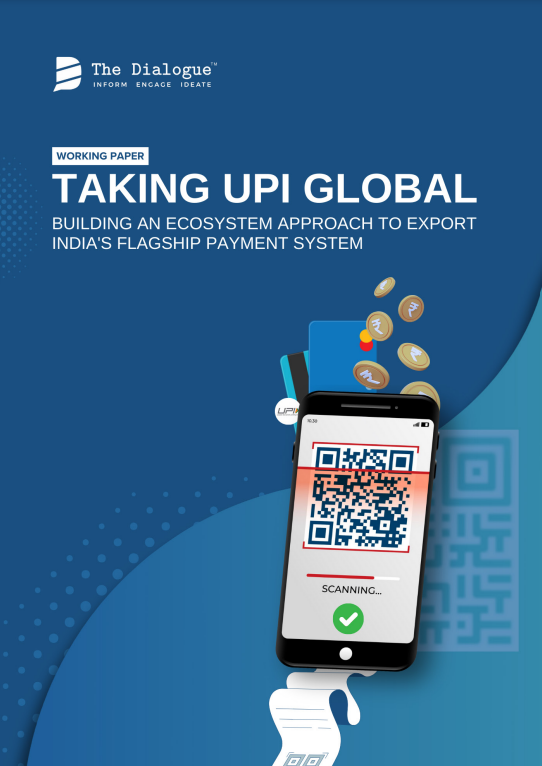At last year’s G20 summit, hosted by India, the focus was on India’s impressive domestic digital public infrastructure. India showcased its technological advancements through India Stack, featuring Aadhar (digital identity), the Data Empowerment and Protection Architecture (DEPA), the Account Aggregator Framework (data exchange), and the flagship Unified Payments Interface (UPI) for digital transactions. UPI’s widespread acceptance—from major retailers to local vendors—illustrates its role in enhancing financial inclusion through an accessible digital payment system.
The aim of highlighting UPI was to inspire other countries to adopt similar payment systems, sharing India’s technology and expertise to foster international collaboration. NPCI International Payments Limited (NIPL), the international branch of the National Payments Corporation of India (NPCI), has signed MoUs with partners in 11 regions across Asia, the Middle East, and Europe, with more agreements underway. The challenge is now to scale the export of India’s digital public infrastructure (DPI) as effectively as UPI has scaled digital payments within India.
Key areas for expanding UPI globally include:
- Enabling seamless transactions for Indian travelers abroad.
- Establishing UPI-like payment ecosystems in other countries.
- Streamlining cross-border remittances and foreign exchange.
Current efforts focus on bilateral agreements with partners willing to accept UPI, but this approach may be slow. Expanding UPI’s reach could benefit from broader collaborations, leveraging UPI’s open API interoperability to build a global network of fintech entities.
A strategic approach involving NPCI and the private sector for scaling UPI could be advantageous. By forming public-private partnerships (PPPs), NPCI can access financial resources, innovative solutions, and regulatory support, ensuring effective deployment. A collective effort from private sectors, governments, industry bodies, and civil societies is essential to advancing India’s digital payments agenda globally.
For more detailed insights, download our working paper.


